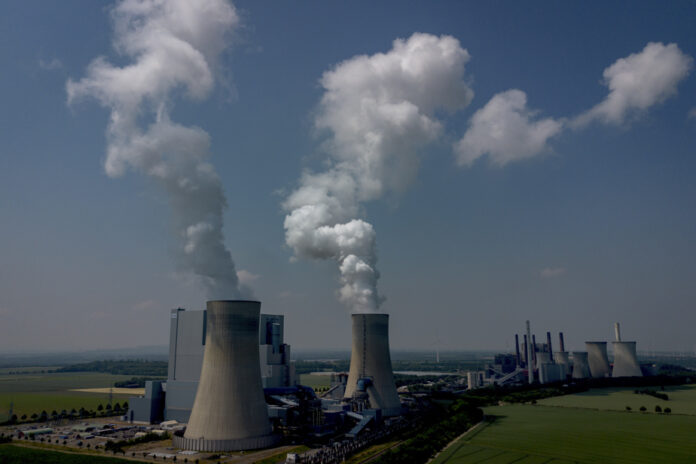(Interlaken) “The world still needs coal,” Glencore boss says, despite shareholder criticism and climate damage, because developing countries need access to energy at a price affordable.
“We want the world to decarbonize. It’s the right thing to do,” Gary Nagle, who heads the commodities giant, told the Swiss Economic Forum.
“But we cannot escape the reality that the world still needs energy, especially in developing nations that are highly dependent on fossil fuels” to sustain their economic growth, Nagle added.
“Our coal business is moving in that direction,” he said.
“Our shareholders are very comfortable with the idea of Glencore keeping its coal,” he said, despite a recent vote of no confidence from some of its shareholders at its annual general meeting.
A group of shareholders, notably bringing together British asset management companies Legal
Unlike competitors like Rio Tinto or Anglo American who are disengaging from coal, Glencore defends this resource tooth and nail, saying it wants to manage its mines responsibly until they run out.
This group of shareholders had filed a resolution to demand explanations from Glencore. It aimed to collect at least 20% of the votes, the threshold at which the group must engage in discussions with them under the rules of the London Stock Exchange where Glencore is listed. Their resolution had obtained 29.2% of votes in favor.
“We will engage in discussions with our shareholders,” Gary Nagle said at the forum in Interlaken.
The group plans to close a dozen coal mines around the world by 2035, which is expected to reduce its production by 50% by then. But this strategy is struggling to convince investors who no longer want coal in their investment portfolios.
During the conference, the boss of Glencore on the other hand dodged questions concerning the controversial offer to the Canadian group Teck Resources. This mining company has twice rejected a proposal from Glencore to merge their coal and metals activities and then separate them in a very complex transaction.
The two largest shareholders of Teck Resources also opposed it, but Glencore’s offer had attracted other shareholders, which eventually forced the Canadian group to abandon its own plan to split up its activities.
Glencore had made an initial offer valuing Teck Resources at around $22.5 billion, representing a 20% premium to the stock price before its proposal, and then considered improving it. He had offered a cash payment to shareholders who did not wish to receive a stake in the branch specializing in coal that would have been set up if his offer had been accepted.
According to the Bloomberg agency, the American agricultural products giant Bunge is also in talks to merge with its competitor Viterra, which counts Glencore among its shareholders.
Contacted by AFP, the Swiss group declined to comment.















